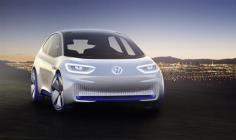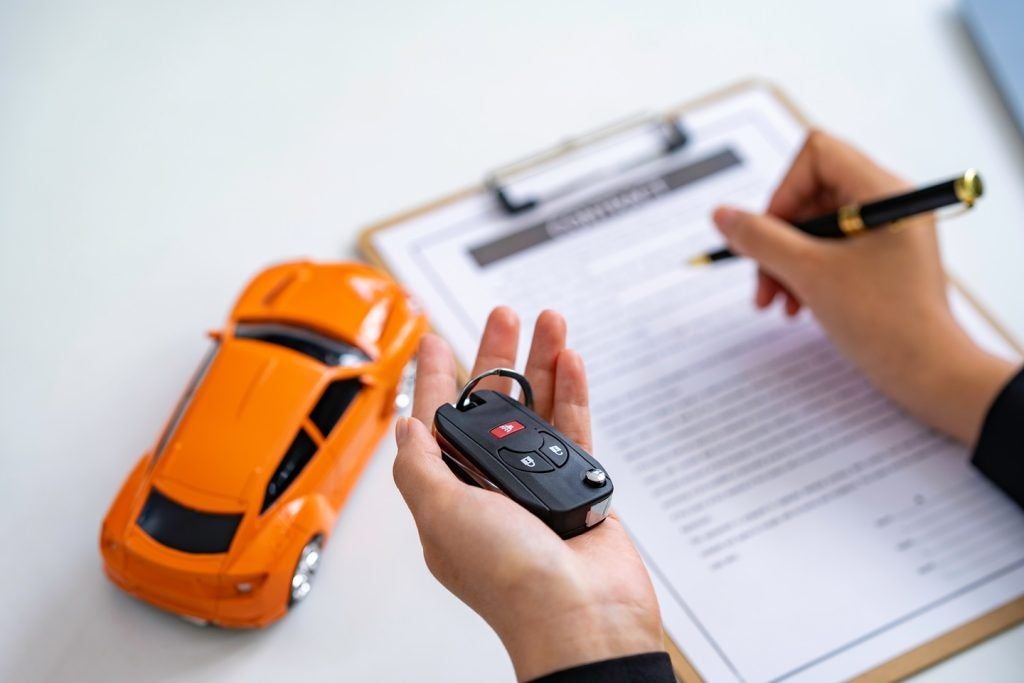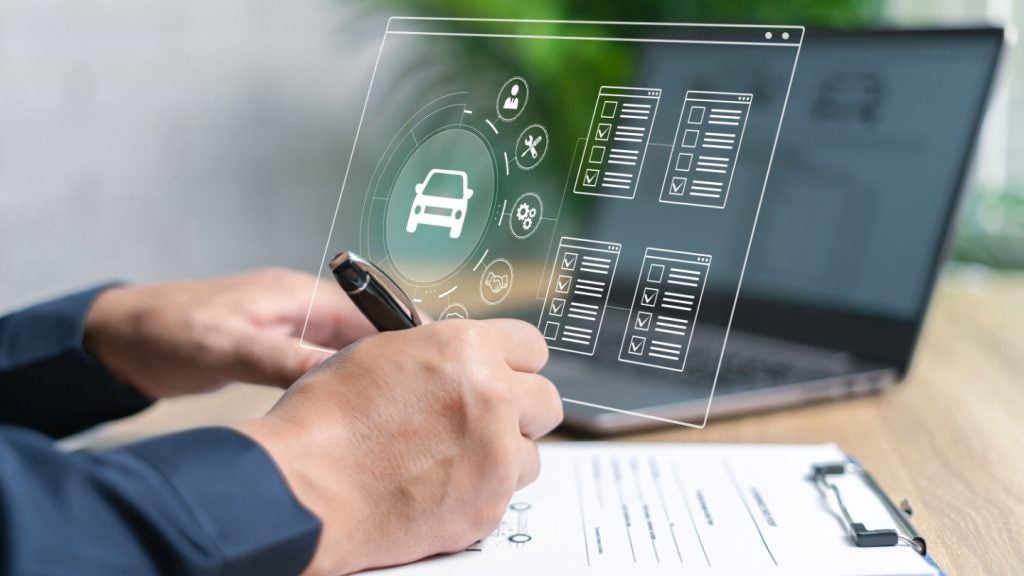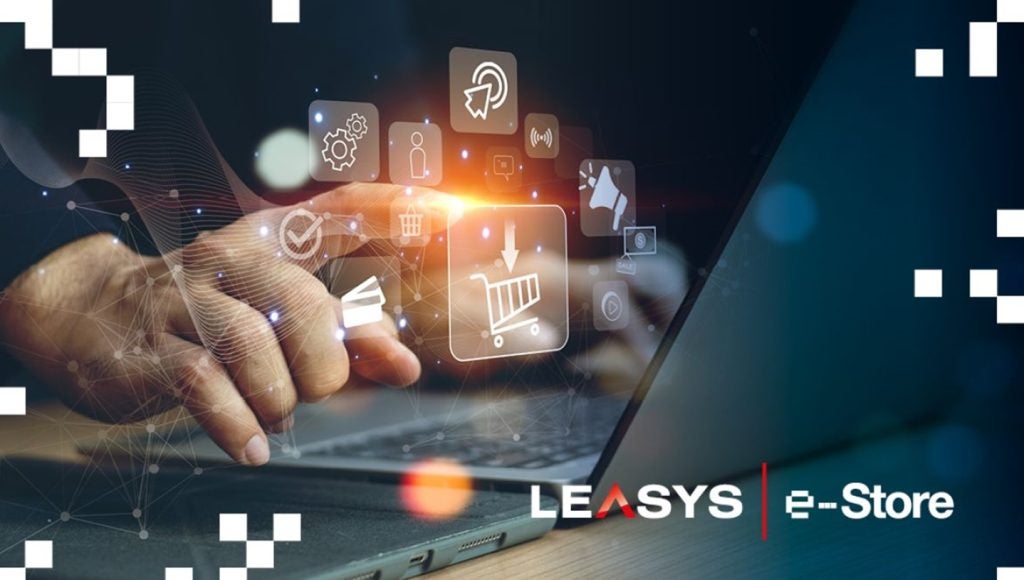
The Consumer Electronics Show (CES) returned to Las Vegas this week, with autonomous and connected cars featuring strongly in the technology showcase.
At the annual tradeshow organised by the Consumer Technology Association, companies are invited to exhibit new technology, systems, and concepts, to be shown to industry and the public.
Now in its 49th year, CES 2017 featured a host of initiatives from carmakers such as Honda, Hyundai, Audi, and Volkswagen, as well as technology company NVidia.
The motor technology on display ranged from integrated intelligence (AI), to autonomous cars and connected car systems.
Audi announced a partnership with NVidia to develop greater autonomy in their vehicles, and unveiled the Audi Q7 ‘deep learning’ concept, a piloted driving car.
The Audi Q7 system will integrate NVidia’s Drive PX 2 software which Audi said would enable the cars to ‘learn’ routes after being driven by a human.
How well do you really know your competitors?
Access the most comprehensive Company Profiles on the market, powered by GlobalData. Save hours of research. Gain competitive edge.

Thank you!
Your download email will arrive shortly
Not ready to buy yet? Download a free sample
We are confident about the unique quality of our Company Profiles. However, we want you to make the most beneficial decision for your business, so we offer a free sample that you can download by submitting the below form
By GlobalDataAudi stated that the cars would then become familiar with routes, and interpret driving signals, such as temporary traffic lights, and moderate behaviour and paths as appropriate.
This builds on earlier collaboration with NVidia, which saw NVidia chips used in the Audi A4 in 2007, and in the Audi A8 two years later in video displays.
Honda introduced the Honda NeuV, an autonomous electric car featuring an AI ‘emotion engine’ and a personal assistant, as part of its ‘cooperative mobility ecosystem’.
The group also announced that it would collaborate with Visa, DreamWorks Animation, and startups Vocal Zoom and LEIA to further its Honda Developer Studio and Honda Xcelerator programmes from its Honda Silicon Valley Lab.
Honda said that in future, autonomous vehicles will create value by providing services when not in use by their owners. Yoshiyuki Matsumoto, president and chief executive officer of Honda R&D, said: “Our goal is to showcase a future technology path that results in a redefined mobility experience.”
Declaring that they were “always on,” Volkswagen presented its digital platform, the Volkswagen Ecosystem, which it said allows users to take their settings and services with them, regardless of the vehicle.
The German carmaker also introduced the Volkswagen ID, an electric car concept slated for 2020 release, which will include the system and autonomous ‘ID pilot’ mode, and a purported range of 600km (372 miles) on a full charge.
Christian Senger, product line leader for the ID, said: “The production version will launch in 2020. The show car we are showing today already forges links to the year 2025 – as the first Volkswagen concept car to offer the fully autonomous ‘ID Pilot’ driving mode.”
Hyundai also showcased its driverless plans by releasing the Hyundai IONIQ to drive on test routes on the roads surrounding the CES venue, and using virtual reality simulators.
The car was said to use GPS antennae to search for vehicle locations, and mapping software which takes into account factors such as lane width and road gradient and curvature.
The IONIQ models also featured blind spot detection radar, as well as lidar (light detection and ranging), smart cruise control, and cameras to assist cars to stay in lane, which Hyundai said “allows the cars to navigate the most challenging situations safely.”
In addition, Hyundai announced that it would integrate the Google Assistant into its cars by allowing compatibility with its existing Blue Link software.







